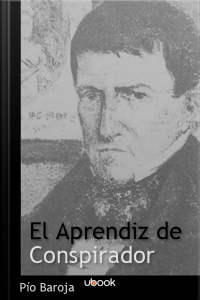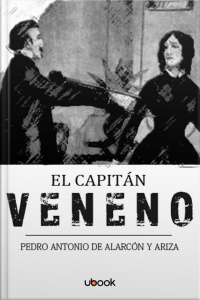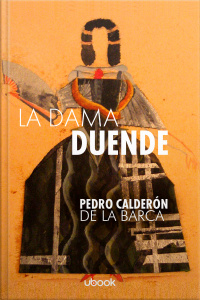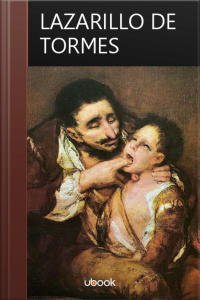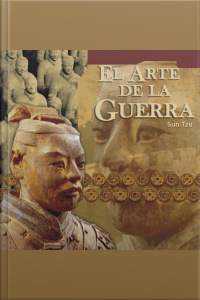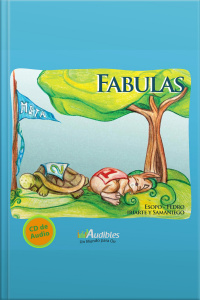Utilizamos cookies en nuestro sitio web, para ofrecerte una mejor experiencia. ¿Te gustaría saber más acerca de nuestra
Política de Privacidad ?
- Artes
- Autoayuda
- Belleza y Salud
- Biografías
- Casa
- Ciencia
- Ciencias Naturales
- Ciencias Humanas
- Clásicos
- Desarrollo Personal
- Originales
- Educación/Técnica
- Empresas y Negocios
- Esoterismo
- Espiritualidad
- Deportes
- Ficción
- Ficción juvenil
- Filosofìa
- Juegos
- Gastronomia
- Gratis
- Historia y Geografía
- Cómics
- Comedia
- Infanto Juvenil
- Legislaciones
- Literatura
- Medicina
- Música
- No Ficción
- No juvenil ficción
- Podcasts
- Política
- Psicología
- Religión
- Revistas
- Salud y Bienestar
- Originales
- Joven Adulto
- Español
- Inglés
- Otros Idiomas
